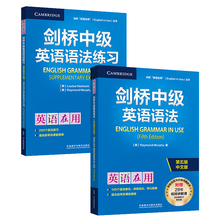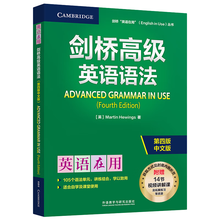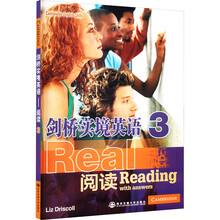1 CHOOSING RIGHT WORDS<br> 1.1 General and Specific Words<br> 1.2 Denotation and Connotation<br> 1.3 Figurative Language<br> 1.4 Levels of Diction<br> Exercises<br>2 SHAPING EFFECTIVE SENTENCES<br> 2.1 Sentence Variety<br> 2.2 Impressive Sentences<br> 2.3 Sentence Emphasis<br> 2.4 Concise Sentences<br> Exercises<br>3 UNDERSTANDING PARAGRAPHS<br> 3.1 Paragraph Structure<br> 3.2 Paragraph Unity<br> 3.3 Paragraph Coherence<br> 3.4 Paragraph Development<br> Exercises<br>4 WRITING DESCRIPTIVE PARAGRAPHS<br> 4.1 About a Person<br> 4.2 About an Object<br> 4.3 About a Place<br> 4.4 More Practice on Description<br> Student Practice Paragraphs<br> Exercises<br> Writing Activities<br>5 WRITING NARRATIVE PARAGRAPHS<br> 5.1 Framework of a Narrative<br> 5.2 About an Experience<br> 5.3 About an Activity<br> Student Practice Paragraphs<br> Exercises<br> Writing Activities<br>6 WRITING OTHER TYPES OF PARAGRAPHS<br> 6.1 Example Paragraph<br> 5.2 Process Paragraph<br> 6.3 Comparison Paragraph<br> 6.4 Cause-Fffect Paragraph<br> 6.5 Definition Praagraph<br> 6.6 Opinion Paragraph<br> Student Practice Paragraphs<br> Exercises<br> Writing Activities<br>7 WRITING BEYOND THE PARAGRAPH<br> 7.1 Thesis statement<br> 7.2 Outline<br> 7.3 Introduction<br> 7.4 Body Paragraphs<br> 7.5 Conclusion<br> 7.6 Revision of First Draft<br> Student Practice Paragraphs<br> Exercises<br> Writing Activities<br>8 WRITING A SUMMARY<br> 8.1 Summarizing Paragraphs<br> 8.2 Summarizing Longer Pieces<br> Exercises<br>9 WRITING ABOUT LITERATURE<br> 9.1 The Elements of Literature<br> 9.2 Literal Versus Analvtical Reading<br> 9.3 Wrtitng a Literary Interpretation<br> 9.4 Writing a Research Paper<br> 9.5 Format for Documenting Sources<br> 9.6 Eriting Logical Argument<br> 9.7 Quesions Often Asked about Research Papers<br> Exercises<br>10 WRITING FOR SPECIAL PURPOSES<br>A GLOSSARY OF LITERARY TERMS<br>ANSWERS TO SELECTED EXERCISES<br>INDES<br>BIBLIOGRAPHY
展开










